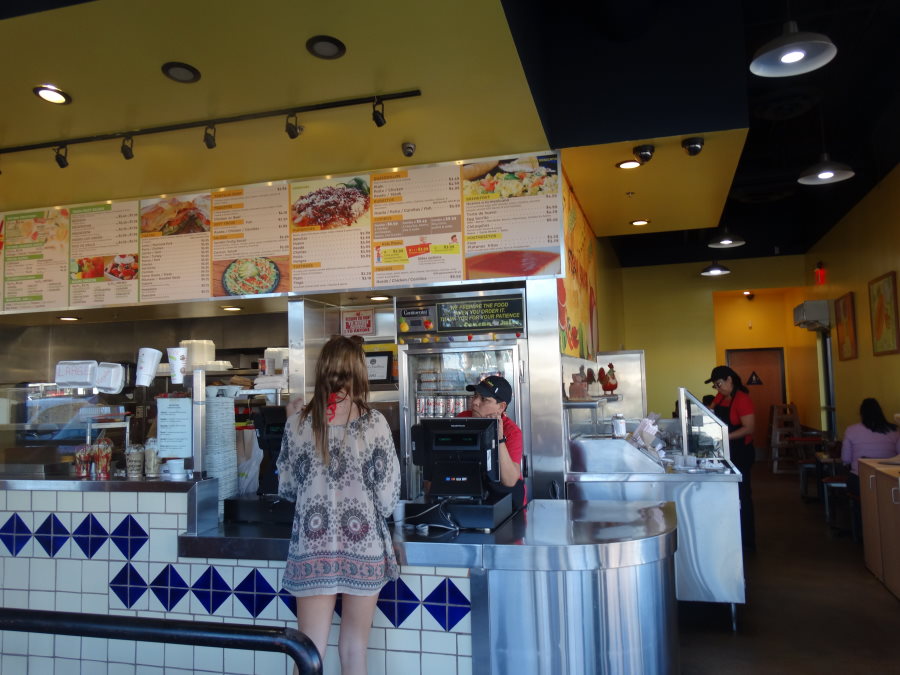
Have you ever wondered how to start franchising your restaurant and where to begin? The idea of growing your restaurant through franchising can be thrilling, but it requires careful consideration and evaluation. So to get started, let’s explore some key factors you need to ponder when contemplating the franchising journey, without delving into the technical aspects of franchising (to learn about the technical aspects and steps necessary to franchise, take a look at how to franchise your restaurant). Yep this is a more friendly, easy to read and fun way of looking at your restaurant before you start franchising it.
Evaluate Your Restaurant
Before leaping into the franchising process and getting some false sense of urgency from franchise consultants to franchise it (take a look at who are franchise consulting companies), it is a good idea to assess the foundation of your restaurant. Consider your proof of concept, the duration your restaurant has been in operation, its uniqueness and the cultural and philosophical aspects that sets you apart.
The success of your restaurant serves as the primary indicator of its franchisability. Let’s take into consideration how long has your restaurant been in operation. If you are like most restaurant owners you should be able to easily identify lots of different aspects that make your restaurant stand out, whether it’s a signature dish, a unique ambiance or a special approach to serving guests.
Ask yourself, what really draws people to your restaurant? Is it a signature menu item, a distinctive atmosphere or a particular cultural experience? When we talk about whether it makes it sense to franchise, be prepared to share examples that illustrate the uniqueness of your restaurant, creating a compelling narrative that potential franchisees can connect with later.
Discuss the culture that you have created within your restaurant and the philosophy that drives you and your business. Whether it’s a commitment to sustainability, community engagement or a focus on locally sourced ingredients, these could be some elements that contribute to the identity of your restaurant.
Is Your Restaurant Scalable?
The scalability of your restaurant is another critical factor in determining its franchisability (take a look at “How Do I Know if My Business Franchisable” for other factors). Consider your current footprint, your type of restaurant concept, overhead costs, build-out complexity and flexibility in general.
What is the size of your restaurant, in terms of square footage (careful now, we are talking about the size of your restaurant, get your mind out of the gutter). What type of restaurant concept do you operate for example are you fast food, quick-serve, fast-casual, or full-service? Can your restaurant can pivot between concepts (for example can it be quick serve and if there was a desire can it be full service). If there’s flexibility in concept and how that affects operations. Ask yourself if your restaurant footprint is flexible enough that maybe it can be ran without seating with just a counter for pick-up and delivery.
Ask yourself how complicated is it to build out your restaurant. Is it super intricate and costly or is there room for some flexibility? While we want consistency and is it important to maintain your brand standards. It is important to consider if your restaurant can operate with a smaller setup, potentially reducing overhead and keeping things simple.
Can Your Restaurant be Easily Duplicated?
Franchisability hinges on how easily your restaurant can be duplicated (read more about what duplicating your restaurant means). Evaluate labor intensity, in-house production, operational simplicity and efforts to streamline processes. Assess the level of labor required to operate your restaurant. Can it function with a lean team or does it demand a full staff? Explore initiatives you’ve taken to simplify operations, control ticket times, manage food costs, and optimize labor efficiency.
Consider if your restaurant relies on made-from-scratch items like sauces, pastas, breads, etc. Think about the efforts you’ve made to streamline operations, ensuring consistency and efficiency in controlling ticket times, food costs and labor expenses.
Are You Making Money?
Are you making money, well that is an important aspect when thinking about franchising. After all expenses and overhead is paid ask yourself is your restaurant making money. Ensuring the financial health of your restaurant goes beyond merely turning a profit, it involves meticulous control over various operational aspects of your restaurant. Have you nailed down food cost and labor cost (and in some cases liquor cost) and if so can you teach those strategies?
As a restaurant operator you know controlling food costs takes a multifaceted approach. Do you have plate specifications to ensure consistency in portion sizes, how do you prevent the overuse of ingredients and are you doing regular inventory checks help identify discrepancies and potential areas for improvement? Take a minute and do a mental inventory of the things you do to control food costs and you may realize you do more than you think.
Effective staffing is a cornerstone of managing labor costs. Do you carefully analyze peak hours and customer flow to implement strategic staff scheduling. Techniques like split shifts may be a strategy you use to maintain a balance between service excellence and cost efficiency. Perhaps you subscribe to the multi-positional employee philosophy where employees are cross-trained to handle multiple roles (all of which enhances flexibility and reduces the need for excessive staffing). Identifying what staffing strategies do you use to control labor costs could be a selling point for your franchise later.
If you serve alcoholic beverages, liquor cost management is paramount. Ask yourself what do you to control it and can you teach it. You know that maintaining a balanced pour cost, the ratio of the cost of the liquor to its selling price, helps maximize profits. Careful monitoring of inventory levels prevents losses due to spillage, breakage or theft. Think about what you have implemented to track liquor usage, identify trends and adjust your weekly orders accordingly.
In essence, your financial success is intricately tied to how you manage labor, food, liquor (if applicable) and overhead costs. When franchising you will need to preach these strategic approaches and teach these things to your future franchise restaurant operators so they too can create a solid foundation for sustained profitability. Recognizing your diligent financial management strategies not only ensures your longevity but also paves the way for future franchisees success.
Identify Your Expectations
Define your expectations and goals for franchising and, most importantly, what you really want out of franchising. If you think franchising will immediately get you out of the day to day restaurant operations, think again. That will take some time. Consider your growth plans, ideal franchisee candidates, growth rate and ultimately your end game (take a look at “What’s Your End Game Franchising May Play a Role“). Whether it’s building a legacy, selling the franchise system, going public, or another aspiration, clarifying your end game is essential for crafting a strategic plan.
Take a minute to really think about who is your ideal candidate to run a franchise of your restaurant? Do they need prior restaurant experience or can you take anyone from off the street and turn them into a restaurant operator? As far as growth, how many franchises do you think you are going to award each year? And lets be realistic, remember awarding franchises does not just mean collecting fees and signatures. Its about planning, onboarding and training franchisees every aspect of your restaurant. And that takes time.
So if the idea of franchising your restaurant excites you and you have identified some of the key factors mentioned above, then it might be time to franchise. Give us a call at 1-877-615-5177 and we will be happy to discuss the franchising with you and if it make sense we will guide you through the steps in turning your restaurant into a chain of restaurants and flourishing franchise system.




